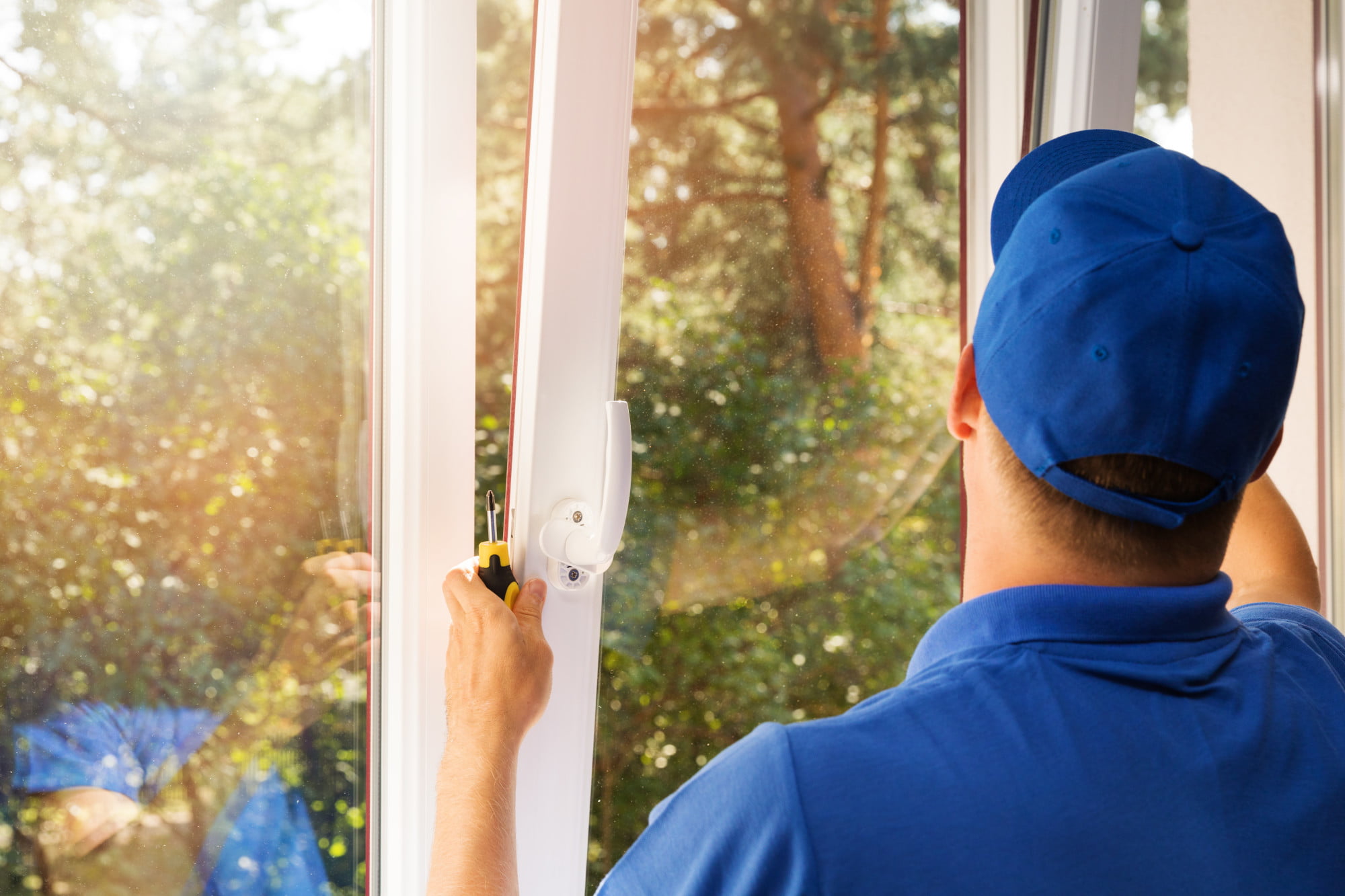Thinking of replacing your windows?
If your windows are old, chances are they’re not functioning the right way anymore. They offer less protection to the outside elements, and they’ll have your HVAC system working harder, too. If you replace your windows, you’ll have lower utility bills.
However, you have to know the type of house window replacement you desire. Check out our window replacement guide below.
Learn the Types of Windows
The type of window matters because they have different appearances and functions. Your space and needs will dictate the right types, but you’ll still likely have many options.
Consider the amount of light the window lets in, ventilation, and style. Think about how you want to clean and maintain them.
Single-hung and double-hung windows offer a classic style. You can open them both at the bottom. However, only the latter has an operable upper portion.
Casement windows are openable by swinging them outward. They have hinges on the side to allow easier opening and closing. They offer better ventilation because you can open them in full.
Sliding windows open and close horizontally. They work the same way as sliding doors.
You also have picture windows, and they don’t. They’re great because they’re unobstructed, so you have a full view of the outside. You have to explore other options for room ventilation.
Other types of windows are glass block windows, awning windows, skylights, and more. Evaluate the necessary features for your space to know the right type of house window replacement for you.
Decide on the Material
Whatever type of window you’re looking for, you have different materials to choose from. It’s one of the most important factors to consider since the material will dictate how often you can expect to replace your windows, the care tips you need to learn, and other considerations.
Here are the most common materials available in the market:
Vinyl
Vinyl windows are common because the material is virtually maintenance-free. You don’t need to re-paint, sand, and do other tasks. It has great insulating properties too.
It’s easy to clean and resistant to scratching, cracking dents, and chips. Vinyl is weak against the heat and the sun, though. It’s prone to warping with enough heat.
Fibrex
Fibrex is a true maintenance-free material. It doesn’t rot, rust, peel, crack, chip, blister, or fade. You only have to clean it once in a while to get rid of dust.
Unlike vinyl, it doesn’t warp under the heat of the sun, making it a better choice for hot climates. Fibrex is a better insulator because it doesn’t absorb heat. If you’re interested, look into Renewal by Andersen Window Replacement.
Wood
Wooden windows are popular because of their classic look. They add so much to the whole aesthetic of the house while maintaining durability.
Wood is resistant to impact and other damages. It’s a great natural insulator, meaning it resists electric shock, too. Its only drawback is it will eventually rot.
Fiberglass
Fiberglass is also a good choice for windows because it doesn’t warp, bend, corrode, rust, rot, or peel. It’s lightweight but it’s about 8 times stronger than vinyl windows. It’s quick to fade, though.
Aluminum
Aluminum is a popular choice of material because it’s cheap, accessible, and low-maintenance. It’s a stronger material than vinyl, making it a great option for bigger windows.
The downside is it’s vulnerable to chips, dents, corrosion, and color changes. It’s also not a good insulator.
Clad-Wood
Clad-wood windows have wood on the inside and aluminum on the outside, giving you the best of both worlds. You get the structural integrity of the wood and the rot-resistance of aluminum.
Consider the Style of the House
Windows are a big part of the aesthetic of your house, interior or exterior. It’s why you must pay attention to the style when buying windows.
Choose one that fits the overall theme of the house. The window type will also matter in this area.
Check the Energy Rating
Did you know that the heat exchange through windows accounts for 30% of the energy used in heating and cooling buildings? It can be higher if you have non-energy efficient windows.
It means you’ll pay more to keep any room at a comfortable temperature. If you don’t know when to replace windows, higher energy bills are usually a good indication.
Check the U-value or the U-factor of the windows to see the flow rate of the heat through the windows. The lower it is, the better insulation it has.
You also have to check the solar heat gain coefficient (SHGC). It measures how much solar energy passes through the window. The higher it is, the more solar heat passes through.
Windows with more layers of glass are more efficient. The material matters, so take both into careful consideration.
Find the Right Company to Install Your Windows
The last thing to consider is the company for installing windows. Some choose to DIY this, but you must first know how to replace windows. If you’re a beginner with no practical knowledge, it’s best to leave it to professionals.
The window replacement cost is higher, but you’ll end up with more savings in the long run. You won’t have to worry about breaking anything, lowering the energy efficiency, and other potential issues. It’s faster since all you have to do is find a reputable company to install your new windows.
Choose the Right House Window Replacement
Shopping for windows can be exciting, but be careful of your choice. As we explained above, there are many factors to consider when buying a house window replacement.
Are you looking for more ways to find the best windows around? Read our other guides and learn more today.




